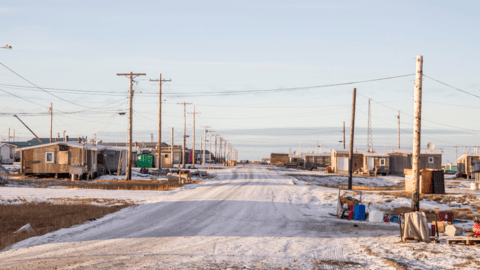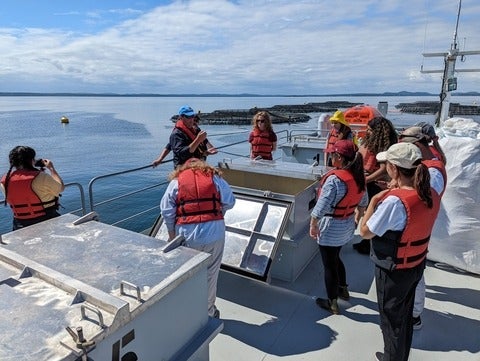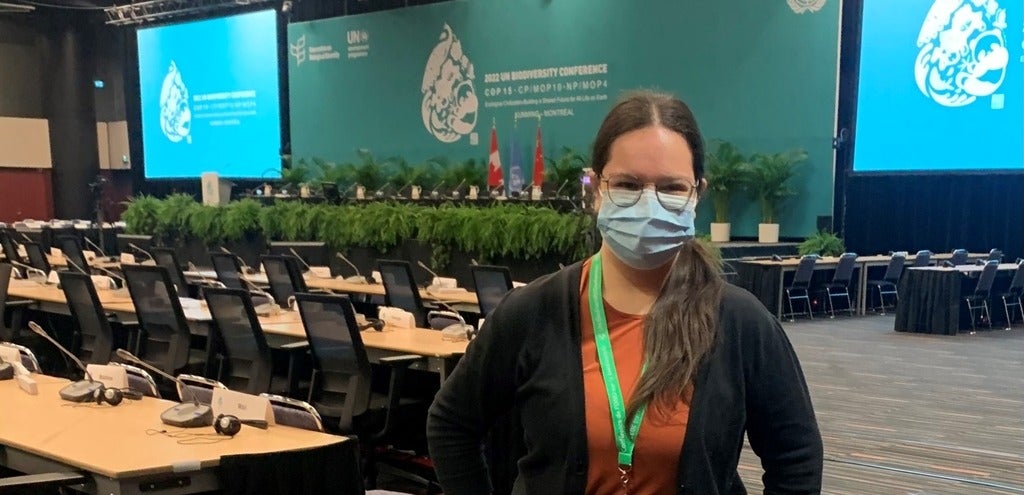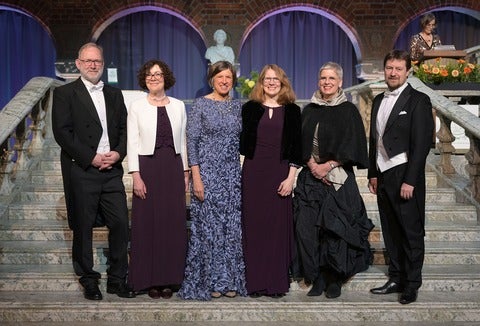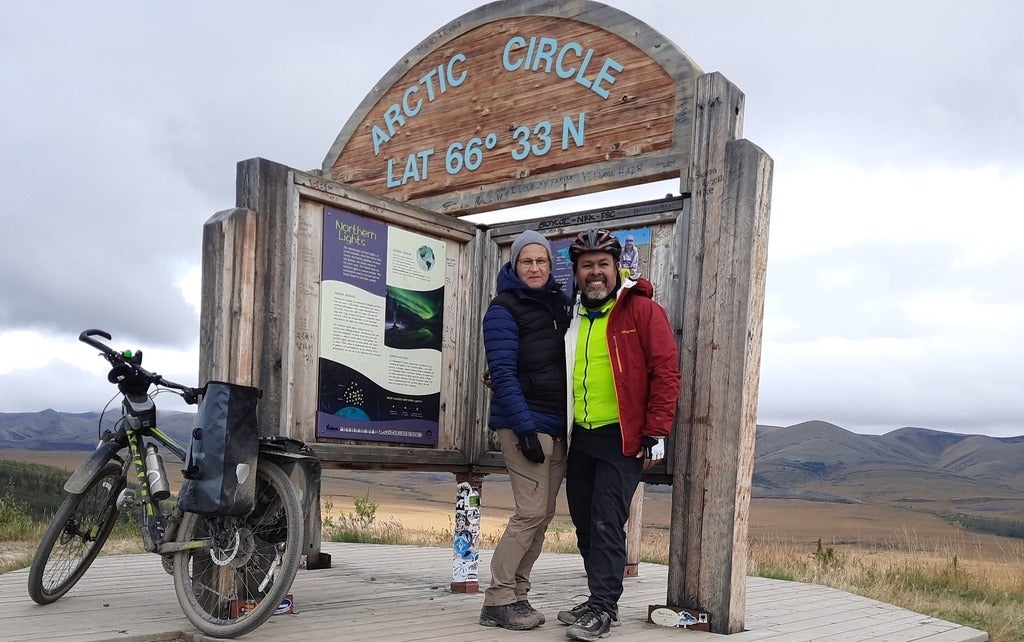WAMPUM lab co-develops report on Indigenous data sovereignty
Dr. Kelsey Leonard's WAMPUM Lab partnered with the Collaboratory for Indigenous Data Governance to co-develop a report to the UN to prioritize Indigenous Peoples in the digital ecosystem. Their submission indicates principles and actions that can be taken to achieve the goal of an open, free and secure digital future for all. It employs the CARE principles, which are well-established in the open data movement.
